Specific Early Pregnancy Symptoms

Specific Early Pregnancy Symptoms
Pregnancy is one of the most transformative experiences in a woman’s life. The body undergoes a series of physiological and hormonal changes, and one of the earliest indicators of this process is a group of subtle and specific symptoms. These early pregnancy symptoms often emerge within the first few weeks after conception—sometimes even before a missed period.
Many early pregnancy symptoms overlap with premenstrual syndrome (PMS), making it challenging to interpret signs without a pregnancy test. However, certain symptoms are more strongly associated with early pregnancy due to their timing, intensity, and hormonal triggers. This article offers an in-depth exploration of the specific early pregnancy symptoms, their causes, onset, variations, and how to interpret them correctly.
1. Missed Period
📅 When It Appears:
-
Usually noticed around 14 days after ovulation (DPO) or the day your next period is expected.
🤰 What Causes It:
-
The hormone progesterone remains high if pregnancy occurs, preventing the uterine lining from shedding (which would otherwise cause menstruation).
🩸 What It Means:
-
A missed period is one of the most reliable early indicators of pregnancy, especially if your menstrual cycle is regular.
🚫 Be Aware:
-
Stress, weight changes, PCOS, or thyroid conditions can also delay periods.
2. Implantation Bleeding and Cramping
📅 When It Appears:
-
Between 6–10 DPO, often before the expected period.
🤰 What Causes It:
-
When the fertilized egg implants itself into the uterine wall, it may rupture tiny blood vessels, causing spotting and mild cramping.
🩸 What It Feels Like:
-
Light pink or brown spotting, not as heavy as a period.
-
Mild cramping, often on one side.
🚫 Be Aware:
-
This is often mistaken for a light period or PMS-related cramping.
3. Breast Tenderness and Changes
📅 When It Appears:
-
As early as 1 week after conception (around 7–10 DPO).
🤰 What Causes It:
-
Increased estrogen and progesterone levels stimulate breast tissue growth and milk duct development.
🩸 Specific Signs:
-
Soreness or fullness
-
Tingling or increased sensitivity
-
Darkening of areolas
-
More visible veins
🚫 Be Aware:
-
Breast tenderness is also common in PMS but may feel more intense in early pregnancy.
4. Fatigue
📅 When It Appears:
-
Can begin as early as one week post-conception, but is more noticeable after the missed period.
🤰 What Causes It:
-
Rising levels of progesterone slow down the metabolism and increase feelings of tiredness.
-
The body is also increasing blood production and working harder to support the embryo.
🩸 What It Feels Like:
-
Unusual exhaustion
-
Needing naps or sleeping more
-
Difficulty focusing or staying awake
🚫 Be Aware:
-
Fatigue is common in both PMS and daily life due to stress or lack of sleep.
5. Nausea and Vomiting (Morning Sickness)
📅 When It Appears:
-
Typically starts around week 5–6, but some women feel it as early as 10–14 DPO.
🤰 What Causes It:
-
Elevated levels of hCG (human chorionic gonadotropin) and estrogen.
-
Slower digestion and heightened sense of smell also contribute.
🩸 Symptoms Include:
-
Nausea (especially in the morning but can occur all day)
-
Vomiting
-
Food aversions
🚫 Be Aware:
-
Not all pregnant women experience nausea, and its absence doesn’t rule out pregnancy.
6. Frequent Urination
📅 When It Appears:
-
Around 6–8 weeks into pregnancy, though some women notice it earlier.
🤰 What Causes It:
-
The body increases blood flow to the kidneys.
-
The growing uterus puts pressure on the bladder.
🩸 What to Expect:
-
Needing to urinate more often, even at night.
-
No burning or pain (if so, test for a UTI).
7. Bloating and Constipation
📅 When It Appears:
-
Between 1–4 weeks after conception.
🤰 What Causes It:
-
Progesterone slows digestion, causing gas buildup and constipation.
🩸 Symptoms Include:
-
A feeling of fullness
-
Gassiness or belching
-
Difficulty with bowel movements
🚫 Be Aware:
-
These symptoms also occur with PMS but can be more prolonged in early pregnancy.
8. Mood Swings and Irritability
📅 When It Appears:
-
Can start within a week of conception.
🤰 What Causes It:
-
Rapid changes in estrogen and progesterone levels affect brain chemistry.
🩸 What to Expect:
-
Feeling unusually emotional
-
Crying for no apparent reason
-
Quick shifts between happiness, anxiety, and sadness
9. Increased Basal Body Temperature (BBT)
📅 When It Appears:
-
Immediately after ovulation and sustained if pregnancy occurs.
🤰 What Causes It:
-
Progesterone keeps your body temperature about 0.5–1°F higher during early pregnancy.
🩸 Significance:
-
Women who track BBT for fertility often notice it stays elevated for more than 18 days post-ovulation, indicating pregnancy.
10. Heightened Sense of Smell
📅 When It Appears:
-
As early as week 3–4 of pregnancy.
🤰 What Causes It:
-
Hormonal changes, especially estrogen, increase olfactory sensitivity.
🩸 What It Feels Like:
-
Sensitivity to odors that were previously neutral
-
Strong smells triggering nausea
11. Metallic Taste in the Mouth (Dysgeusia)
📅 When It Appears:
-
Often within the first 2–3 weeks of pregnancy.
🤰 What Causes It:
-
Changing hormone levels affect taste buds.
🩸 What to Expect:
-
A persistent metallic or sour taste
-
Changes in food preferences
12. Changes in Cervical Mucus
📅 When It Appears:
-
In the luteal phase, after ovulation.
🤰 What Causes It:
-
Progesterone maintains thick, white cervical mucus to protect the embryo.
🩸 What It Looks Like:
-
Creamy, sticky, or lotion-like
-
Not dry (which typically happens before menstruation)
13. Lightheadedness and Dizziness
📅 When It Appears:
-
Around week 4–6, sometimes sooner.
🤰 What Causes It:
-
Dilating blood vessels
-
Lower blood pressure and blood sugar
🩸 Symptoms:
-
Feeling faint when standing quickly
-
Needing to sit or lie down suddenly
14. Acne and Skin Changes
📅 When It Appears:
-
Any time after conception.
🤰 What Causes It:
-
Increased androgen levels and hormonal fluctuations
🩸 What to Expect:
-
Breakouts (especially if you don’t usually get them)
-
A noticeable “pregnancy glow”
15. Vivid Dreams and Sleep Changes
📅 When It Appears:
-
Around 2–3 weeks post-ovulation
🤰 What Causes It:
-
Increased REM sleep and hormonal effects on the brain
🩸 Signs:
-
Extremely realistic or emotional dreams
-
Trouble falling or staying asleep
How to Tell If It’s Pregnancy or PMS
| Symptom | PMS | Pregnancy |
|---|---|---|
| Breast tenderness | Common | Usually more intense and prolonged |
| Cramping | Common before period | Milder, more persistent post-ovulation |
| Fatigue | Mild | Often extreme and early onset |
| Bloating | Pre-period only | Longer-lasting |
| Nausea | Rare | Common from week 4+ |
| Cervical mucus | Dry before period | Creamy or thick |
| Appetite changes | Junk food cravings | Food aversions, smell sensitivity |
When to Take a Pregnancy Test
-
Best time: 14 DPO or the day of your missed period.
-
Some sensitive tests detect hCG as early as 10 DPO, but results may be less accurate.
What If You Don’t Have Symptoms?
Not having early pregnancy symptoms is also completely normal. Some women:
-
Don’t notice symptoms until 6–8 weeks
-
Have subtle changes that go unnoticed
-
Feel completely fine, especially in early pregnancies
Always confirm pregnancy through testing rather than relying on symptoms alone.
Final Thoughts When Will Pregnancy Symptoms Start?
Recognizing specific early pregnancy symptoms can provide valuable insight, especially if you’re trying to conceive or monitoring changes closely. While some signs like fatigue, breast tenderness, nausea, and a missed period are common and reliable, others like implantation bleeding, metallic taste, and mood swings vary from woman to woman.
Since many early signs mimic PMS, it’s essential to be observant but cautious about interpreting every symptom as a sign of pregnancy. Home pregnancy tests and follow-up with a healthcare provider are the best ways to confirm pregnancy.

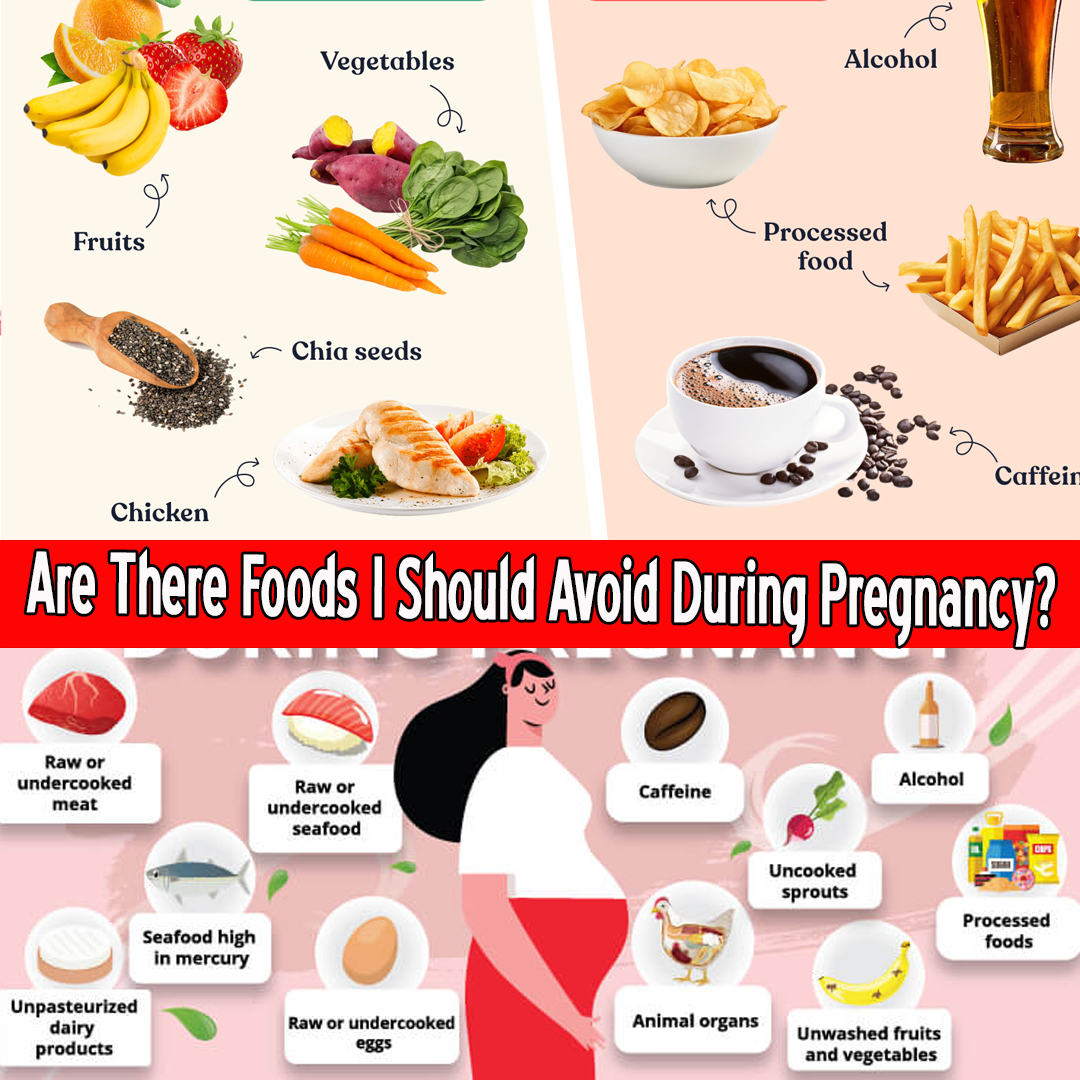
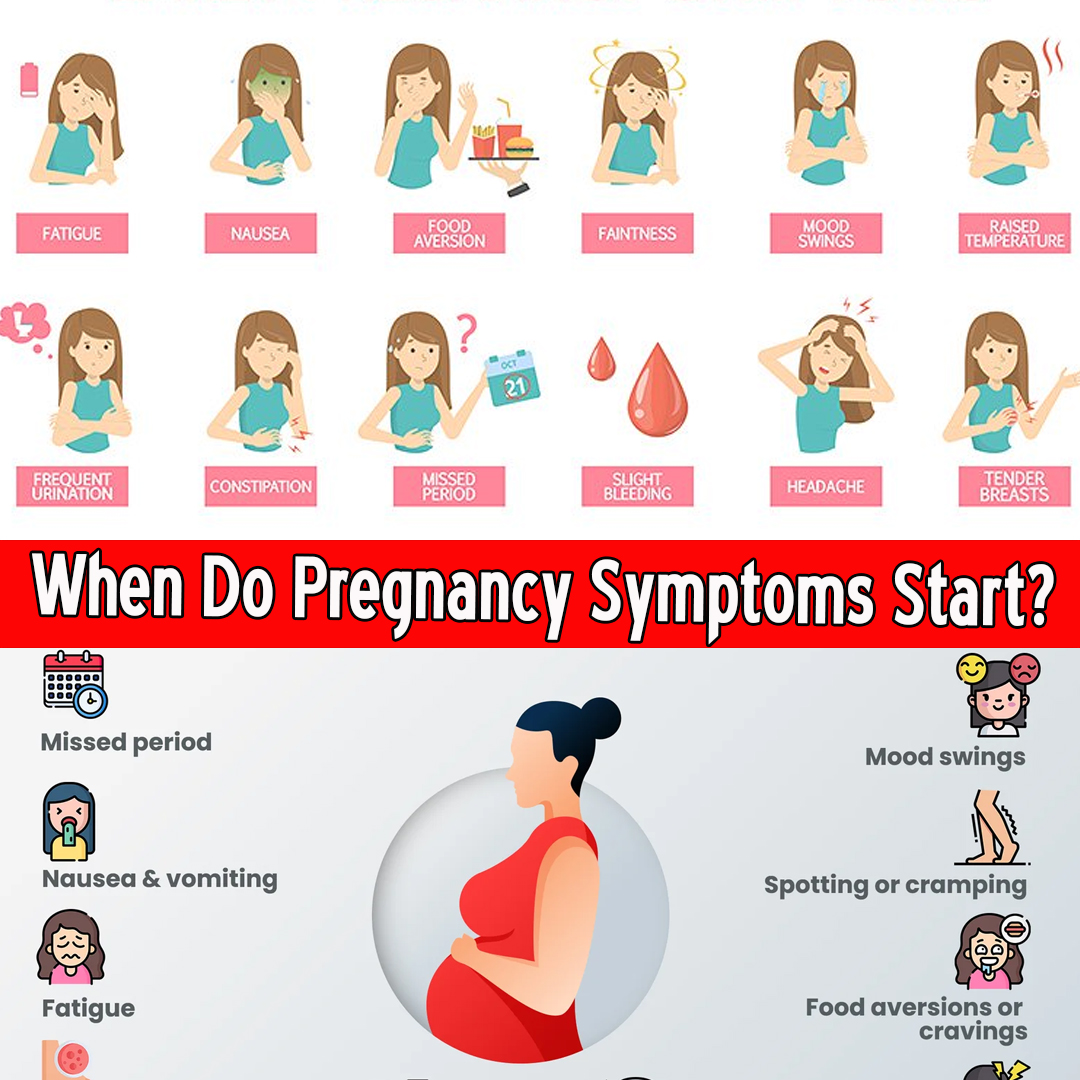
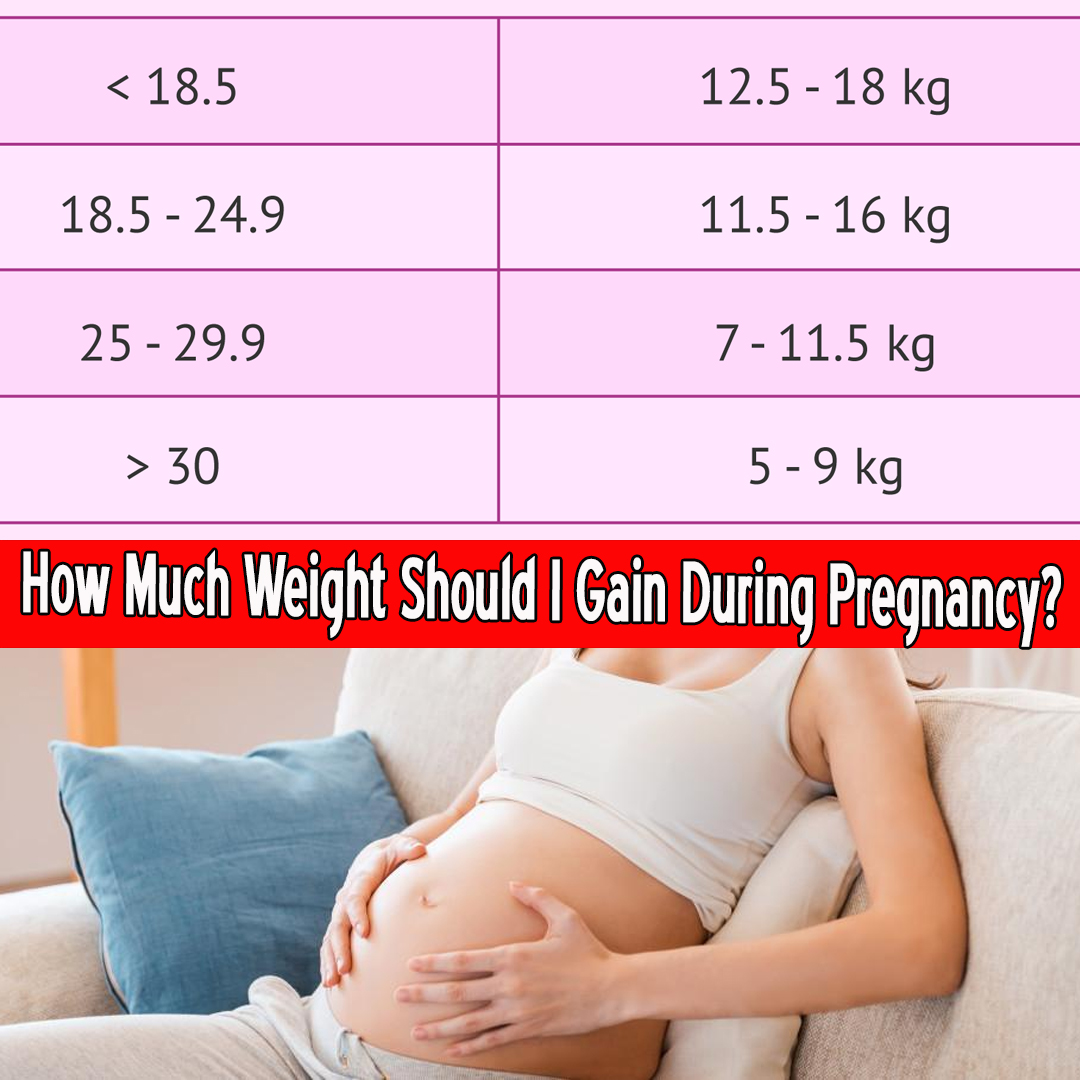

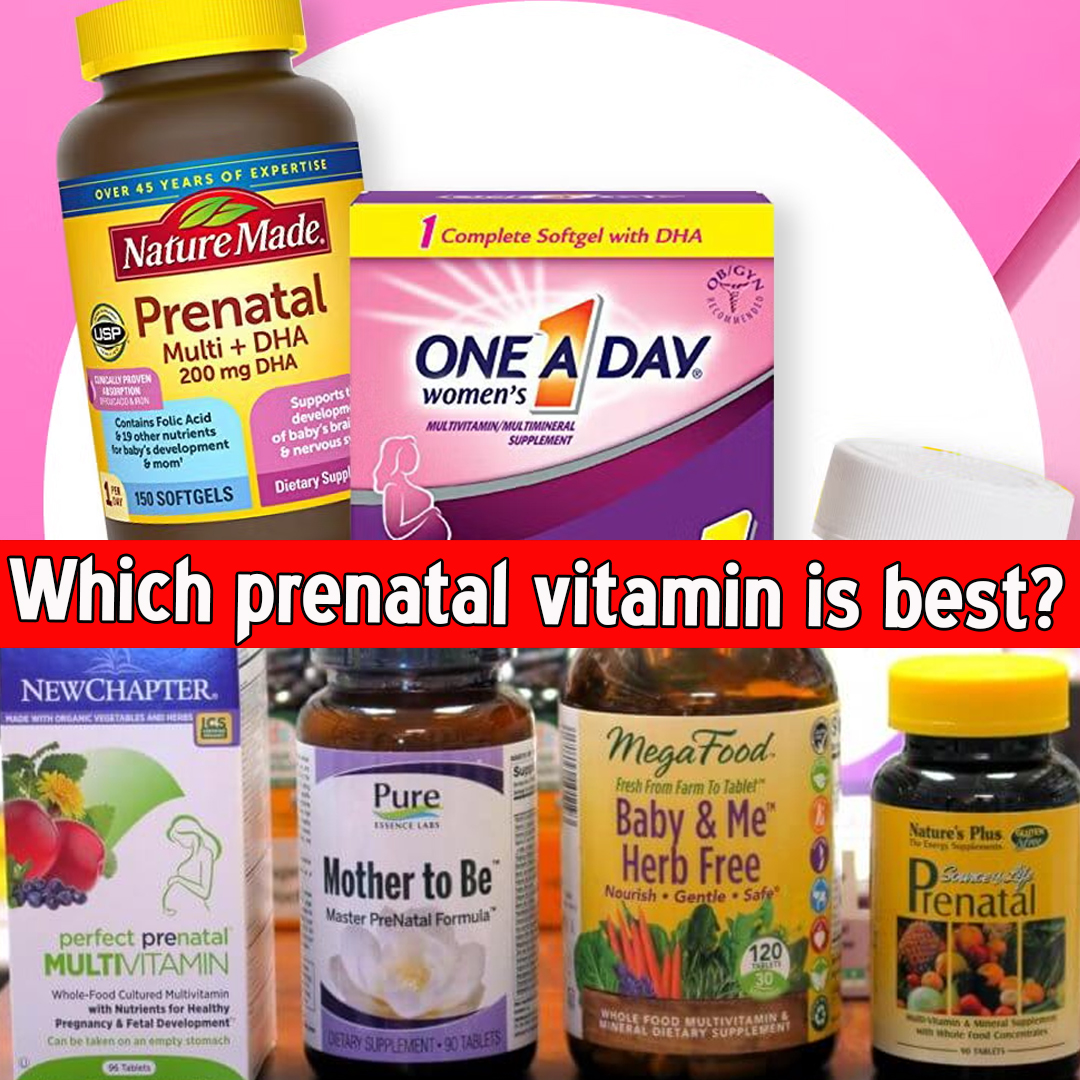
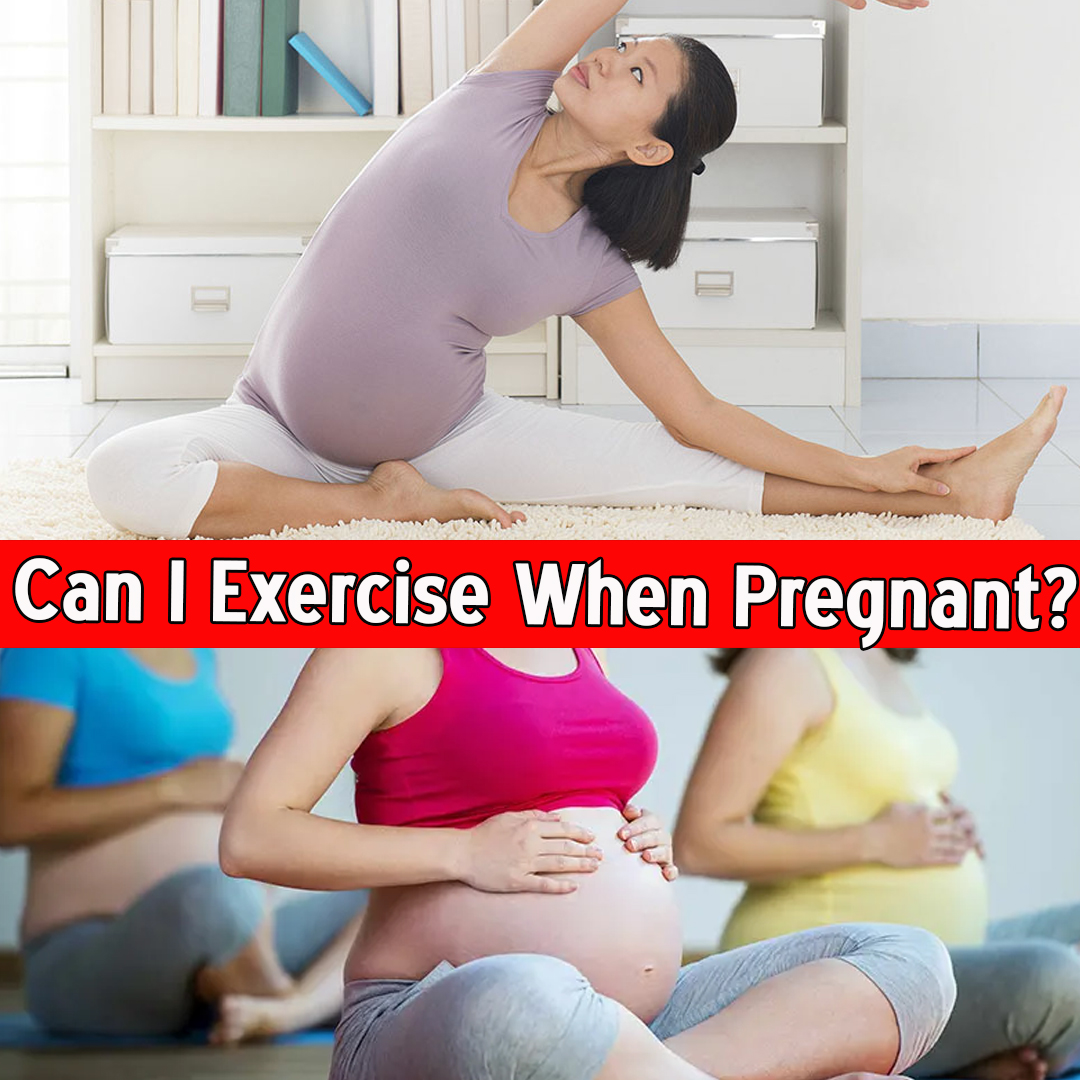
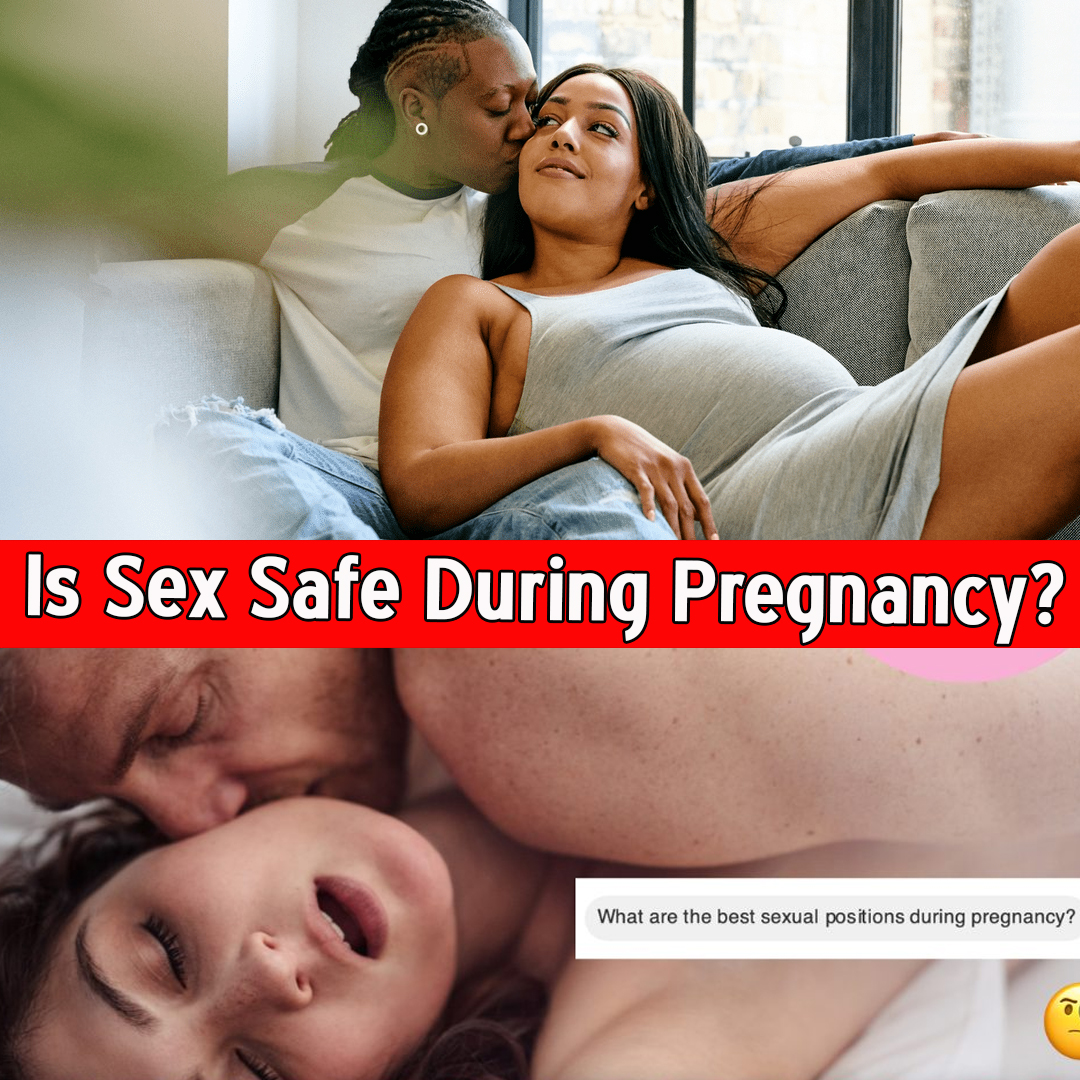
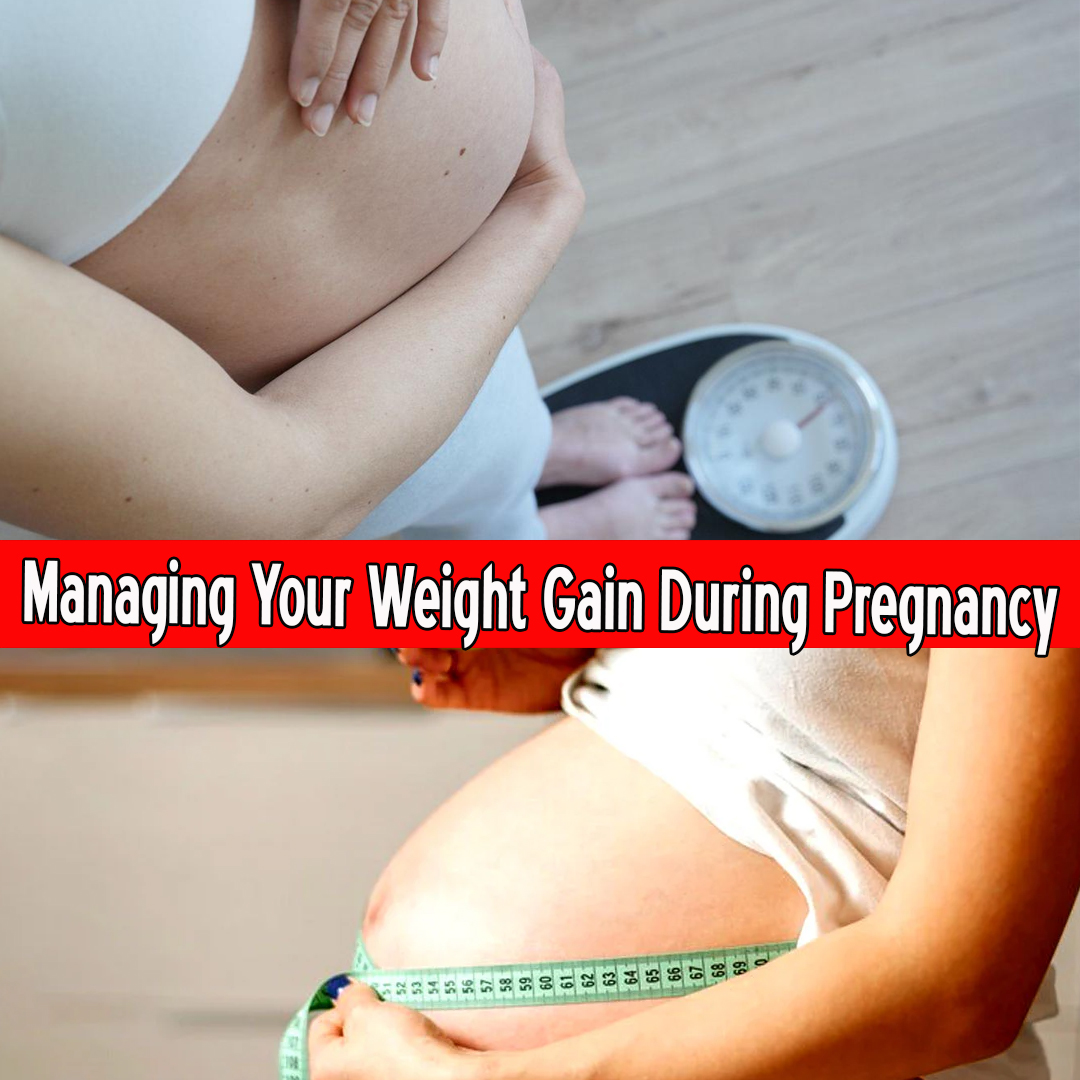






Leave a Reply